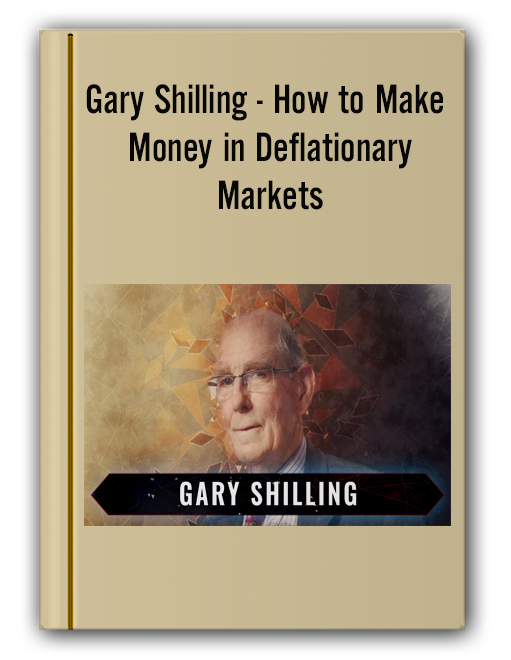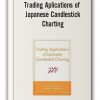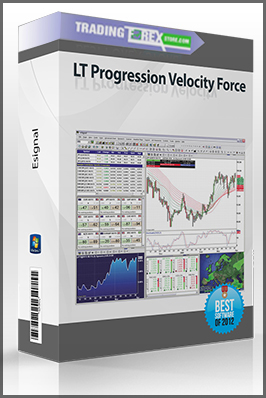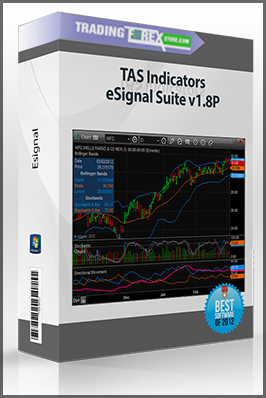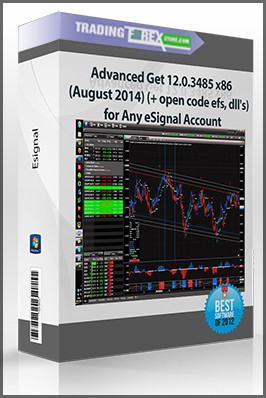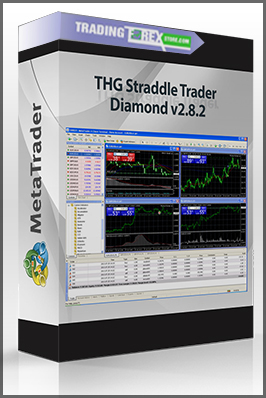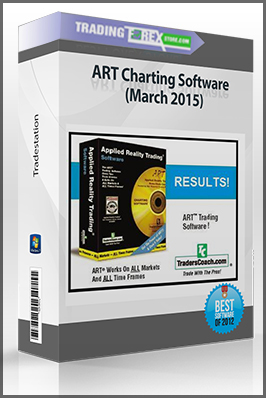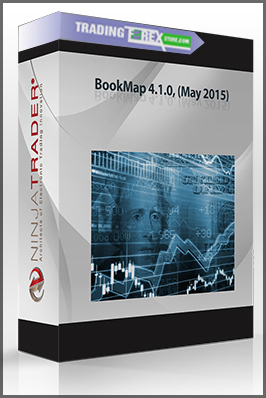Gary Shilling – How to Make Money in Deflationary Markets
$22.00
- Description
Description
Gary Shilling – How to Make Money in Deflationary Markets
If you followed Gary Shilling’s advice for the last 30 years, you would be very wealthy.
Shilling runs the New Jersey-based economic consulting firm the bears his name, A. Gary Shilling & Company, and he is the author of The Age of Deleveraging: Investment Strategies for a Decade of Slow Growth and Deflation, published in 2010. He spoke last week at the Boston Security Analyst Society asset allocation conference in Boston.
Since 1981, Shilling has consistently advocated owning long-dated Treasury securities. In his talk, he reiterated that advice as one piece of his three-part asset-allocation strategy for the coming year.
In 1981, Shilling said we were “in for the bond rally of a lifetime.” Since then, a strategy of rolling a 30-year zero-coupon bond outperformed the S&P 500 by 6.3 times.
Shilling’s thesis was centered on the macro-economic theme that has underpinned his recommendations for the last 15 years: deflation. Shilling’s previous book, Deflation: How to Survive and Thrive in the Coming Wave of Deflation, was published in 1998.
Let’s look at what Shilling said is going on in the world and what he said it means for portfolios.

